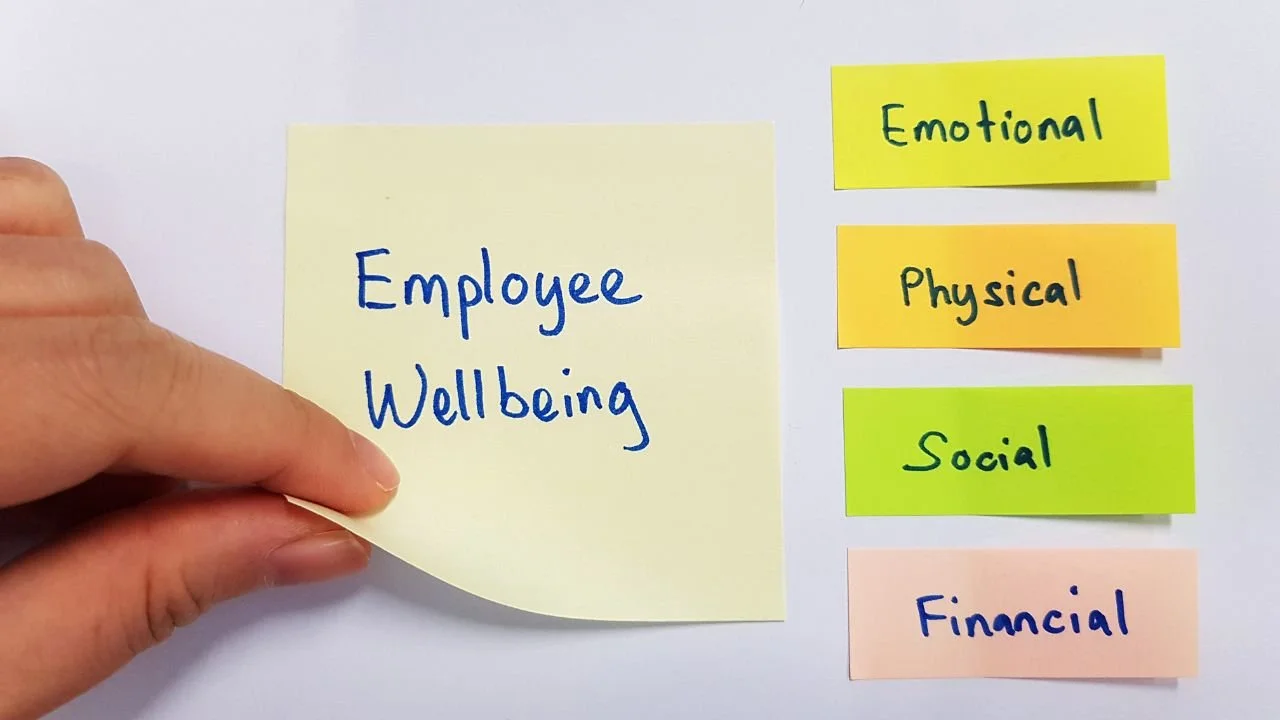Is your career supporting your wellbeing?
No matter how ‘successful’ your career appears to be, if it’s not the right career for you, your mind and body will soon let you know. By Jacqui Ooi.
As we hit our 40s and 50s, discussions about health start to dominate the conversation. Suddenly we’re comparing cholesterol levels over coffee, swapping exercise tips over group chats and sharing podcasts on the latest advice to stay well and age well.
Yet there's one significant factor affecting our wellbeing that we don’t always consider: our careers. We spend roughly a third of our lives at work, but how often do we stop to examine whether our professional life is supporting – or undermining – our overall health and happiness? And if it’s not serving us, what changes could we make?
Low career wellbeing
There are signals to watch out for when it comes to career wellbeing – and it goes beyond a bad manager or toxic work culture. At the midlife stage, a bigger question often arises of whether our career actually aligns with our values and life priorities.
You might find the job that felt invigorating at 30 feels draining at 45. Or the long work days that were once manageable now feel like stolen time from family and personal pursuits. Or you just can’t shake the niggling sense that your work doesn’t feel like ‘you’.
Too often, we downplay those feelings and tell ourselves, ‘Maybe it’s not that bad.’ As humans, we tend not to act on something until it’s reached crisis point. When we’re hovering in an ‘unhappy medium’ phase – not great, but not at rock bottom – it’s easy to be convinced things could be worse and we should just plough through.
Yet the hidden health costs of career misalignment shouldn’t be underestimated. Chronic job stress contributes to elevated cortisol levels, which can impact everything from immune function to cardiovascular health. Working in environments that don't match who we are can significantly affect our mental health and lead to depression and burnout.
No matter how ‘successful’ your career appears to be, if it’s not the right career for you, your mind and body will soon let you know.
Healthy career changes
The good news is, in midlife, we’re more likely to have the self-awareness and ‘professional capital’ to make meaningful changes. If you’ve managed your career well, you’ll have good networks to drawn on, experience that will be valued and a clear idea of the contribution you can make to a role or organisation.
Knowing how to leverage this and realign your career to fit who you are and the life you want can be tricky (which is why I love helping people through this process!).
For some people, it’s the smaller adjustments that can yield significant health benefits. Perhaps it's setting firmer boundaries around work, taking actual lunch breaks instead of eating at your desk, or putting your hand up for projects that genuinely engage your interests rather than just taking what comes your way.
For others, a bigger transformation may be required to truly recalibrate your life and work – whether that’s changing the way you work to create more freedom and flexibility, pursuing different types of work to bring more joy and creativity into your day, or totally reinventing your career to feel more true to who you are.
An honest assessment
What’s most important is recognising that career wellbeing is key to our overall wellbeing. Just as we’d change a workout routine if we were regularly getting injured, we should rethink a career situation that chronically undermines our mental and physical wellbeing.
As you consider your health goals in this next stage of life, include an honest assessment of your career's role in supporting – or sabotaging – your overall wellness. Ideally your career should not only support your financial goals but your broader vision of a healthy, fulfilling life. Making this shift in perspective might just be the most important health decision you make this decade.
5 questions to help you get started:
Does your career allow you to prioritise the things that matter to you?
Do you look forward to your work day getting under way?
Are you inspired or energised by the work you do?
Does your work contribute to something you find meaningful or important?
Does your career enable you to be as physically and socially active as you’d like to be?
Jacqui Ooi is the founder of What She Did Next and creator of the Career Change Kickstarter course, teaching proven strategies to help women navigate change and build careers they love.




